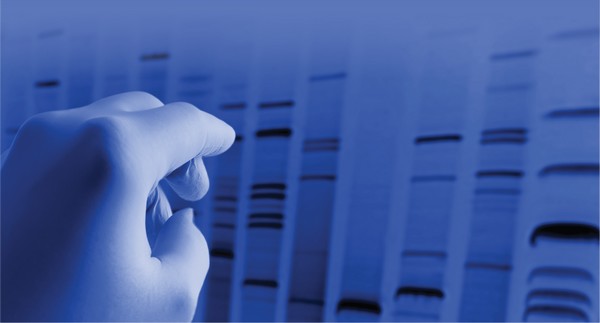Tracking tree pedigrees is important in radiata pine tree breeding to maximise genetic gain and minimise inbreeding.
In the 70 years since the radiata pine breeding programme was established, breeders have only been able to rely on paper-based records of tree identity and pedigree.
For the first time, Scion and the Radiata Pine Breeding Company (RPBC) have used genomics tools to determine the real relationships among trees and the real tree identities to update and improve the radiata pine breeding pedigree.
Scion scientists carried out pedigree reconstruction using DNA fingerprinting based on single nucleotide polymorphisms (SNPs). They were able to validate or improve over 14,000 pedigree records.
This has created an immediate improvement to pedigree records, and an increase in the accuracy and reliability of the breeding values of their genetically improved radiata pine.
The RPBC is keen to realise these gains. Tree Improvement Manager, Mark Paget says, “The joint research effort into genomics of the past few years is now starting to bear fruit and the RPBC is very keen to start translating this to increased genetic gains in the production forest.”
Pedigrees were validated using a combination of identifying the most likely parents and comparing expected and observed relatedness (i.e. pedigree paper-based records, compared with DNA data).
The work resulted in a dramatically reduced rate of inconsistent relationships, from over 24 per cent to less than 5 per cent.
The improved pedigree records had an immediate impact on the quality of genetic analyses. For example, the accuracy of breeding values for some populations were nearly doubled. The implementation of genomic-assisted selection across the entire breeding programme is now underway.
Funders: Radiata Pine Breeding Company, Ministry of Business, Innovation and Employment

